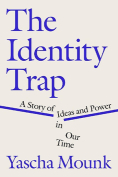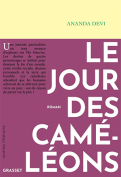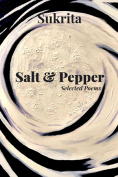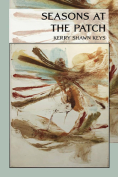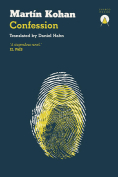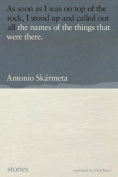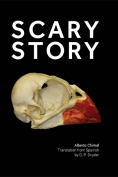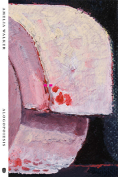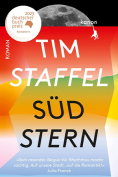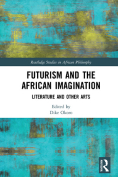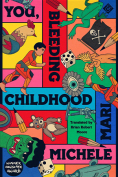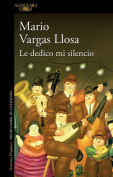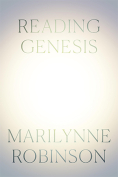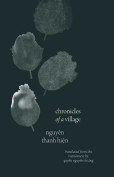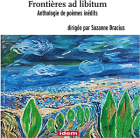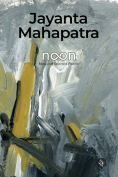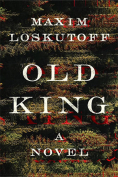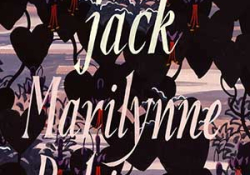Reading Genesis by Marilynne Robinson
 New York. Farrar, Straus and Giroux. 2024. 345 pages.
New York. Farrar, Straus and Giroux. 2024. 345 pages.
One of Walter Benjamin’s haunting statements from the Critique of Violence runs as follows: “Mythic violence is blood-violence over mere life for the sake of violence itself; divine violence is pure violence over all of life for the sake of the living. The former demands sacrifice; the latter assumes it.” In Reading Genesis, a new, long essay by Marilynne Robinson, something of that mythico-religious shift is captured in similar words: ‘The God of Scripture tolerates sacrifice rather than requiring it.” In the original German, “assumes” is nimmt sie an—suggesting that God both presupposes and accepts sacrifice. Robinson’s use of “tolerance” appears even less committed to the ritual of sacrifice than that. Does this mean her book moves some way in the direction of a humanist, sanitized, or modernized conception of faith?
Robinson’s Gilead-cycle is one of the most outstanding literary projects of the twenty-first century; outstanding in the double sense of its significance for, as well as its unrepresentativeness of, contemporary writing. Robinson is inspired most by Scripture and Shakespeare, along with the protestant theologians John Calvin and Jonathan Edwards, and the books of the series create wonderful emblems or parables of morality, of goodness. They have a painterly quality about them in their arresting way of bringing out the spiritual integrity of their protagonists: John and Lila Ames, Glory and Jack Boughton, and Della Miles—moral clarity exists on these pages. Besides the Gilead-novels and their forebear Housekeeping (1980), Robinson’s bibliography has consistently listed long-form essays on ethics, culture, science, and religion—all displaying her passion for theological thinking.
This book, Reading Genesis, is her first book devoted comprehensively to theology. Just as the Gilead-novels home in on a moral exigency—our need to live a good life—the book of Genesis, in Robinson’s reading, is about the way in which the human being is addressed or claimed by God. She uses two main ways of voicing this idea. First is Robinson’s explicit attempt to challenge the documentary approach to biblical stories. This is to say that the account of the Bible that takes it as comprehensible from without—with regard to its external history—is reductive. The second is to contest the familiar image of the God of the Old Testament as the vengeful God; the opening juxtaposition of Robinson with Benjamin belongs with this component, though it certainly differs from it. “The anger of man does not work the righteousness of God”; this statement from James 1:20 is indicative of Robinson’s interpretation of Genesis, as she ably finds the biblical evidence to support how the success or fallibility of its protagonists is never a simple moral, or even legal, calculation.
Instead, characters and their flaws are a call for moral and existential contemplation. As short a book as Reading Genesis may be, Robinson shows an incredibly rich interior differentiation. Indeed, when she says that “sustaining paradox is the genius of the text,” the theodicy at work is not one of redeeming the creed at whatever cost but of assigning an incredibly high responsibility to humanity—our foundational text rife with paradox, yet we have only one life to live.
What of the comparison with Benjamin, then? Can Robinson’s reading of Genesis rise to the same standard—of God’s salvation of the world by the destruction of Sodom, for instance? In such places, with philological care, Robinson will point at the exact formula used to highlight God’s restraint and mercy. God never cursed Adam but tells him, “Cursed is the ground because of you.” God did not curse Cain but tells him, “Now you are cursed from the ground.” When it comes to Sodom, Robinson shows how the text itself posits that the mob attacking Lot’s house constitutes the entire population of Sodom, and that no one innocent was left. As her theology engages the question of evil, Robinson simultaneously engages scripture’s exact yet mysterious poetry and phraseology, which necessitates an endless hermeneutics of responsibility.
Arthur Willemse
Universities of Maastricht and Hasselt


